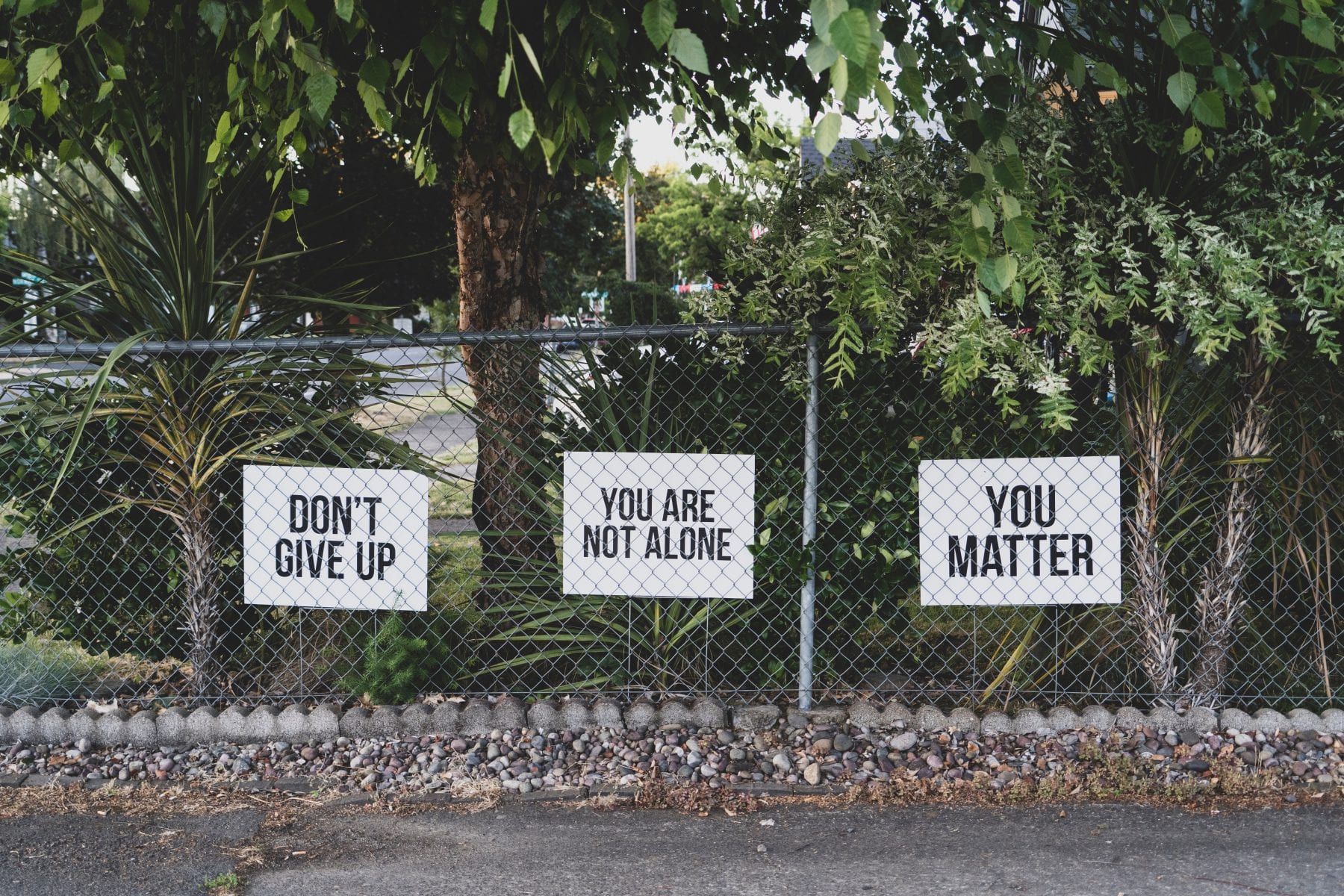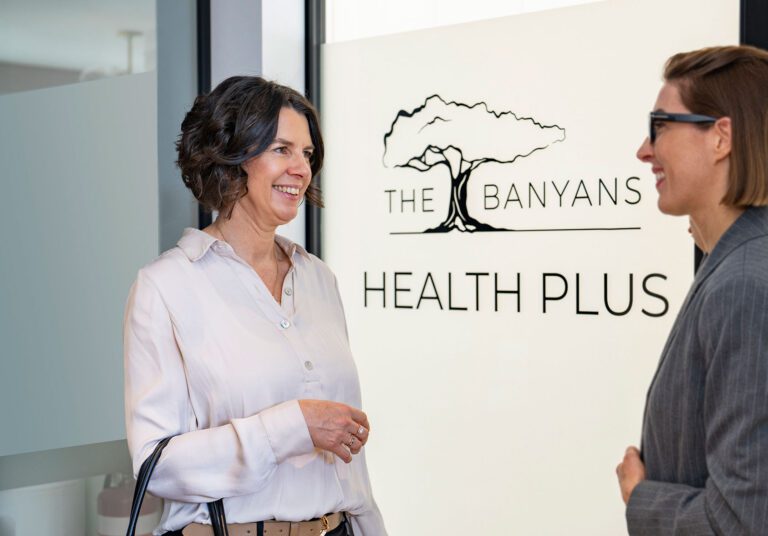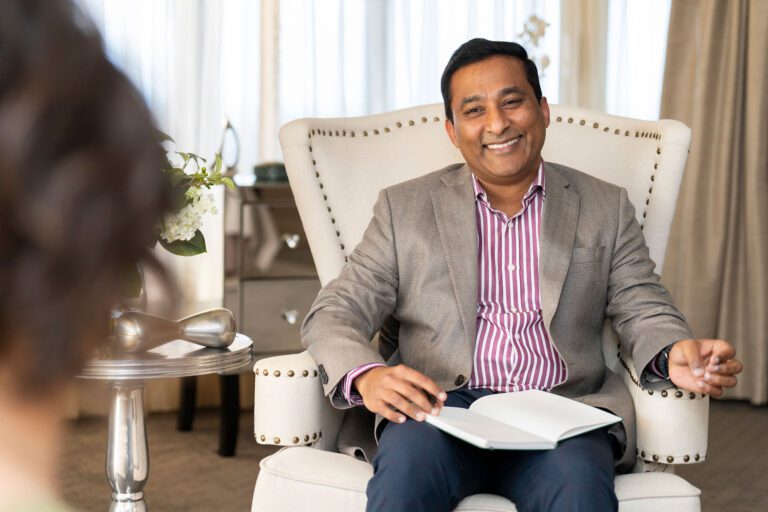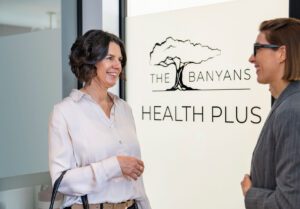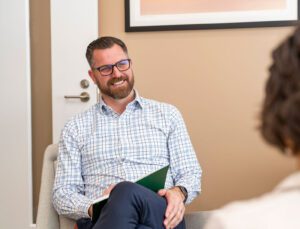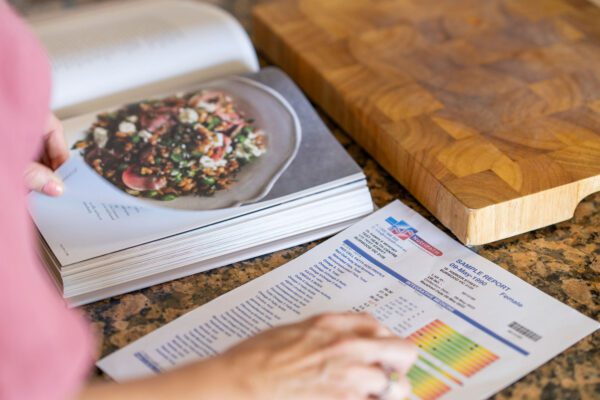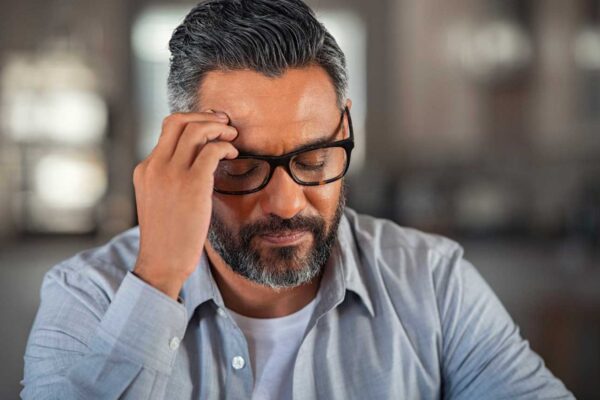
Depression can happen to anyone and is a major global health problem, with one million Australian adults experiencing depression and two million experiencing anxiety each year. With almost half of all Australian adults experiencing mental health conditions in their lifetime, how can we help people who experience depression?
How do we help ourselves and those we love with depression and poor mental health?
“The statistics are well reported. We have seen a jump in the number of Australians looking for help in the past 12 months, so it’s important that we all need know how to help those who reach out to us,” The Banyans Health and Wellness Clinical Director Peter Hayton says.
“Everyone’s experience with depression is different, and regardless of the severity, treatments need to include learning new life skills and making changes to lifestyle, such as cutting down on stress, increasing exercise, and not using alcohol or other drugs.”
A 2020 City, University of London report noted that choice of therapy for each person is important because no single modality has been firmly established as superior to another when it comes to depression.

Related: Talking to someone with depression
Six ways to help depression
According to the Beyond Blue report, A guide to what works for depression, the top six approaches and treatments for the signs and symptoms of depression are below.
These approaches are all supported by quality studies and research.
1. Behaviour Therapy (BT)
Behaviour Therapy is a therapeutic intervention that assists patients with depressive symptoms in learning to cope with their negativity. Behavioural therapy stems from the behavioural model of depression that treats depression as a consequence of a lack of positive reinforcement.
BT focuses entirely on increasing people’s levels of activity and pleasure in their life. It does not try to change people’s beliefs or attitudes, and it can be carried out either in one-on-one situations, as it is at The Banyans Health and Wellbeing, or in group therapies.
Behaviour therapy increases positive awareness through the realignment of life goals and is highly customised, flexible, and is a very personal treatment plan.
2. Cognitive Behaviour Therapy (CBT)
People undergoing Cognitive Behaviour Therapy (CBT) work with therapists to look at patterns of thinking (cognition) and acting (behaviour) that may cause them to become and remain depressed.
CBT is a type of psychotherapy that modifies thought patterns in order to change moods and behaviours. It is based on the belief that depressive actions or feelings are the result of current distorted beliefs or thoughts, and not unconscious forces, events or thoughts from the past.
Once the patterns are recognised, people are able to start to make changes that promote improving moods and better coping strategies. CBT is delivered in one-on-one programs at The Banyans Health and Wellbeing.

For some people, CBT works as well or better than medication for poor mental health and this success can depend on the severity of the depression, with the best results displayed in people with mild to moderate symptoms. In some cases, a program combining CBT with other treatments such as antidepressants or other drugs is most effective.
Each person’s experience of depression is unique, and it is important to reach out for help and talk to a professional. Start by talking to your GP who can guide you in the best treatment process for your personal situation.
Related: Symptoms of Depression
3. Professionally guided at-home therapies
With the onset of COVID-19, lockdowns, isolation and quarantine, mental health programs, most often CBT, are now more easily delivered online by a mental health professional via technology.
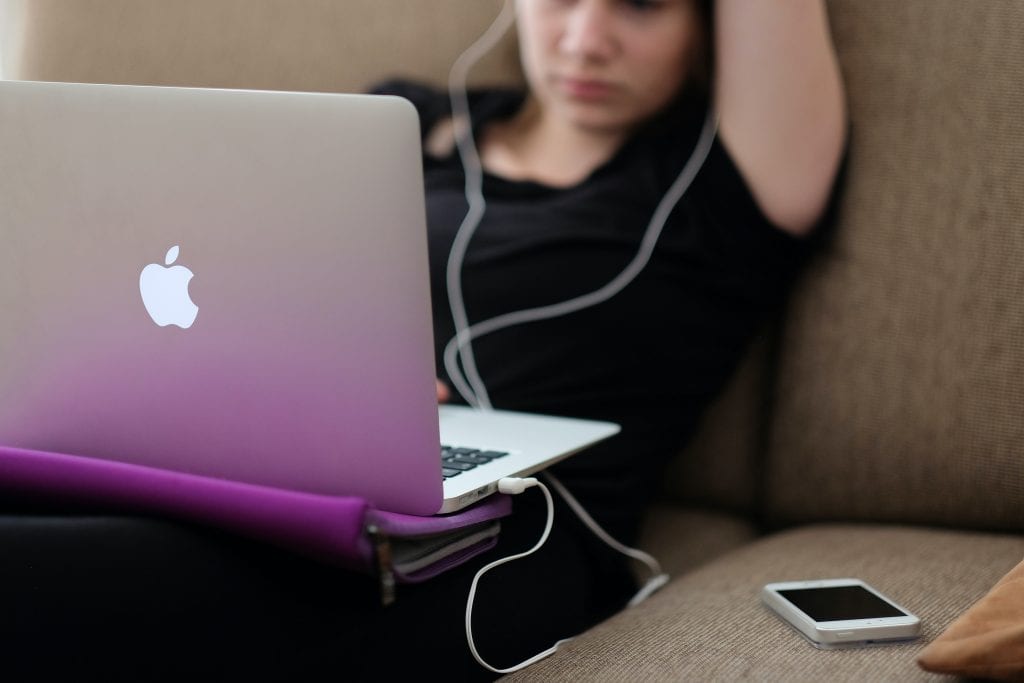
The Banyans At Home online program is an example of how professionally guided at-home therapies are making a difference to Australians who reach out for help.
It is a personalised, focused program aimed at providing enhanced support and has been intentional designed for user-friendly remote delivery.
At-home therapies enable people to complete recovery programs from anywhere in the world, requiring only a consistent internet connection and a digital device. Flexible scheduling arrangements allow versatile program intensity, with delivery ranging from 14 to 28 days to fit personal timetables and availability.
The Banyans at Home is a personalised and focused program intentionally designed for user-friendly remote delivery.
Related: The Banyans at Home program information
4. Interpersonal Therapy (IPT)
Interpersonal Therapy (IPT) is a psychological therapy that focuses on problems in personal relationships, rather than internalised thoughts and feelings.
IPT is based on the belief that these interpersonal relationships are a significant contributor to depression, and the therapy addresses these interpersonal problems.
Viewed as a high-intensity therapy, IPT aims to help people suffering depression improve their communication with others and address situations that contribute to depression.
In some cases, IPT can be as effective as antidepressants in treating depression and some psychiatrists will use IPT together with medication.
5. Mindfulness-Based Cognitive Therapy (MBCT)
Mindfulness-Based Cognitive Therapy (MBCT) involves learning ‘mindfulness meditation’ in combination with Cognitive Behaviour Therapy.
Mindfulness meditation teaches focusing on the present moment, slowing down racing thoughts, calming the mind, and letting go of negative thoughts, including unpleasant experiences, without trying to change them.
Usually, it is delivered in groups, but at The Banyans Health and Wellness, treatment is personalised and delivered one-on-one.
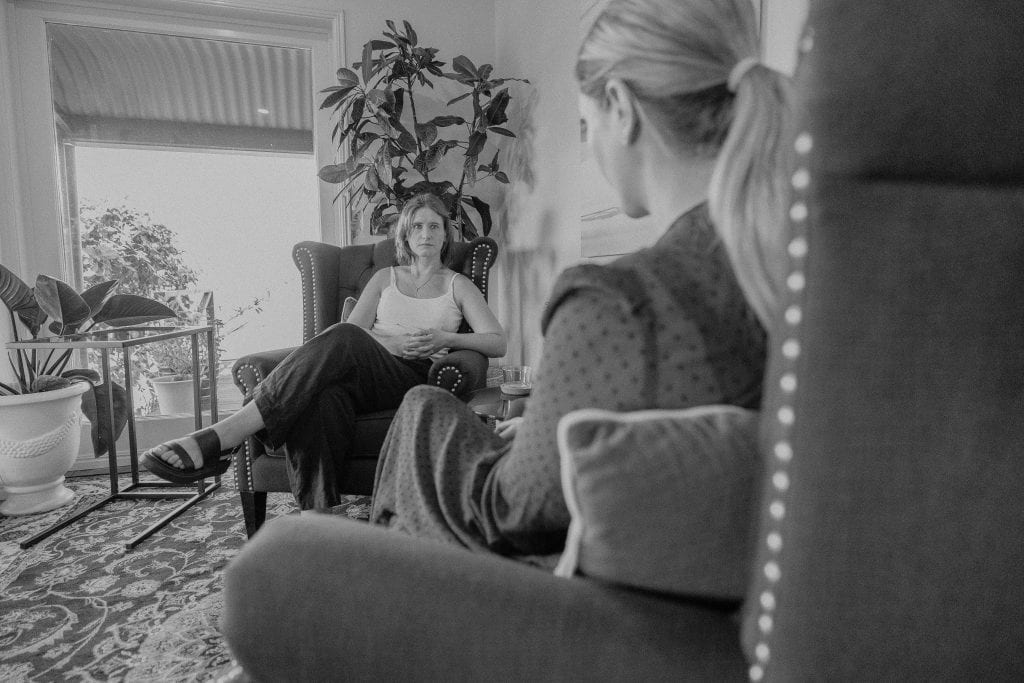
6. Antidepressant drugs
Antidepressant drugs are often for moderate to severe depression, and major depressive disorder, and can only be prescribed by a doctor. There are many different types of antidepressants for symptoms of depression. The most commonly used drugs for minor and major depression are selective serotonin re-uptake inhibitors (SSRIs). All act on the chemicals in the brain that are related to motivation and emotions.
Some types of antidepressants may impact on depression symptoms more than others. All antidepressants have side effects, although some are greater than others, and different people can have different reactions to the same drug. Please speak to your GP or specialist before taking any type of antidepressant.
Common side effects of SSRIs are mild headache, nausea, drowsiness, and sexual problems. In young people, there is an increased risk of suicidal thinking or behaviour when taking SSRIs or Serotonin and norepinephrine reuptake inhibitors (SNRIs).
Antidepressants take around four to six weeks to take effect, and depression symptoms can worsen before they improve.
“There are a number of things to bear in mind when discussing antidepressants with your specialist or doctor,” The Banyans Health and Wellness Consultant Psychiatrist Dr Anja Kriegeskotten says.
“Antidepressants take around four to six weeks to take effect, and some people experience a worsening of their symptoms of depression before they start to improve, and people will need to be assessed to see whether the dose needs adjusting.”
The worsening of symptoms usually occurs in the context of the therapy working to unearth deep emotions and trauma rather than the medication alone.
Related: A Story about Depression
The first step in treating depression
The first step towards treating depression is to talk to someone and visit your GP.
Experiencing depression is difficult and different for each person. Taking positive steps towards recovery can be hard.
The Banyans Health and Wellness has helped hundreds of people discover their best options for treatment of depression, and they have progressed to living happy and fulfilled lives.
The Banyans Health and Wellness is available 24/7 to help you begin your journey towards a life without depression. You can call anytime on +61 1300 226 926 or submit an online enquiry to begin learning how we can help you rediscover the fullness of life.


